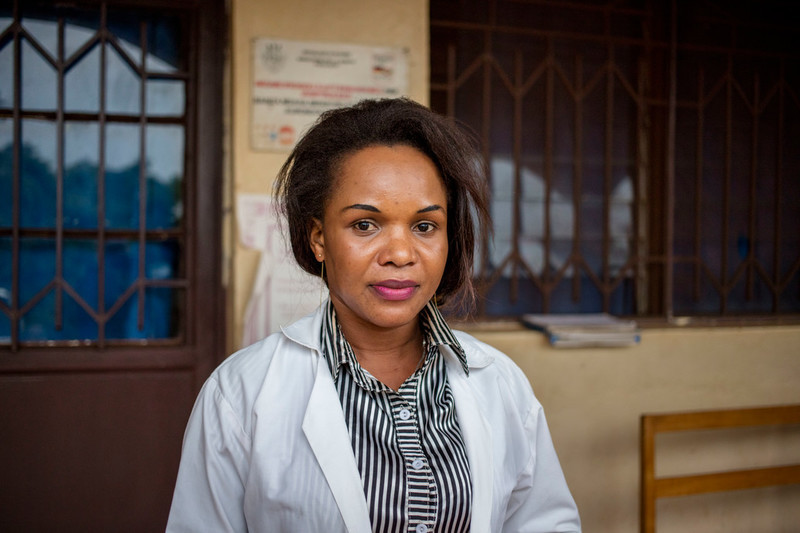Spotlight
A selection of resources from across the Federation

HIV Theory of Change
Our HIV Theory of Change is to clarify the goals and vision of IPPF’s HIV programme and to articulate the different pathways and strategies IPPF uses to contribute towards its HIV goals and vision.
Filter our resources by:

| 15 March 2018
Integration of DMPA‑SC into the method mix contributes to increased uptake of all methods of family planning
Injectable contraceptives are an increasingly popular method of family planning. They are safe, discrete, highly effective, and generally last for several months. Sayana® Press, also known as subcutaneous depot medroxyprogesterone (DMPA‑SC), is a lower‑dose formula version of the already popular injectable Depo‑Provera. DMPA‑SC combines the drug and needle in a single‑use unit, which makes it easy to transport and simple to use with little training. DMPA‑SC can be administered by community health workers (CHWs) and women themselves – potentially making injectable contraceptives available to women who can’t easily travel to clinics.
| 14 March 2018
IMAP Statement on emergency contraception
Emergency contraception (EC) refers to any contraceptive method that can be used after having unprotected or inadequately protected sexual intercourse (UPSI) but before pregnancy occurs, providing women with the opportunity to prevent an unwanted pregnancy. EC is a safe and effective method for preventing unwanted pregnancy and can reduce the risk of pregnancy by up to 99%. In spite of its effectiveness, EC is not frequently used. In many countries, women face barriers to accessing EC. The majority of women in low‑income countries are unaware of EC. Moreover, some providers have negative attitudes toward providing EC to women and girls.

| 06 February 2018
Myth-busting facts about the contraceptive injection
Watch this short animation to learn more about the contraceptive injection, a contraceptive method that requires no daily action and doesn't interfere with sex. Learn more about other methods
| 01 February 2018
TAKING STOCK: IPPF Recommendations on the Global Financing Facility (GFF)
The Global Financing Facility (GFF) is a financing mechanism in support of reproductive, maternal, newborn, child and adolescent health launched in 2015. This IPPF briefing sets out recommendations for GFF stakeholders and financiers as the GFF undergoes its first replenishment process.

| 18 January 2018
Putting people first: providing health care despite funding and staff losses in Burundi
The Association Burundaise pour le Bien-Etre Familial's (ABUBEF) provides vital integrated services to local communities, including contraception, prevention and treatment of HIV, youth-friendly counselling and education, pre-marital counselling, and antenatal and post-natal care. ABUBEF has 18 service points, including static and mobile clinics, and community-based services. An estimated 80% of its clients are poor, marginalized, socially excluded and/or under-served. ABUBEF supports young people living with HIV, internally displaced persons, sex workers, drug users and street children. The continuation of many of these vital health services are under threat following the reintroduction of the Global Gag Rule by the US Administration. The Global Gag Rule, or Mexico City Policy as it is formally known, stops US aid to all health programmes run by organisations who perform or counsel on abortion. ABUBEF says: “Almost all contraceptives, HIV reagents, STI drugs, antiretroviral and consumables for HIV management are procured through UNFPA, USAID and US-financed government programmes, which will be affected by the Global Gag Rule.”
| 05 January 2018
Myth-busting facts Female Condom
Learn more about the Female Condom, the only female-controlled contraceptive method that protects you against unintended pregnancies and STIs. The video is also available in Spanish















